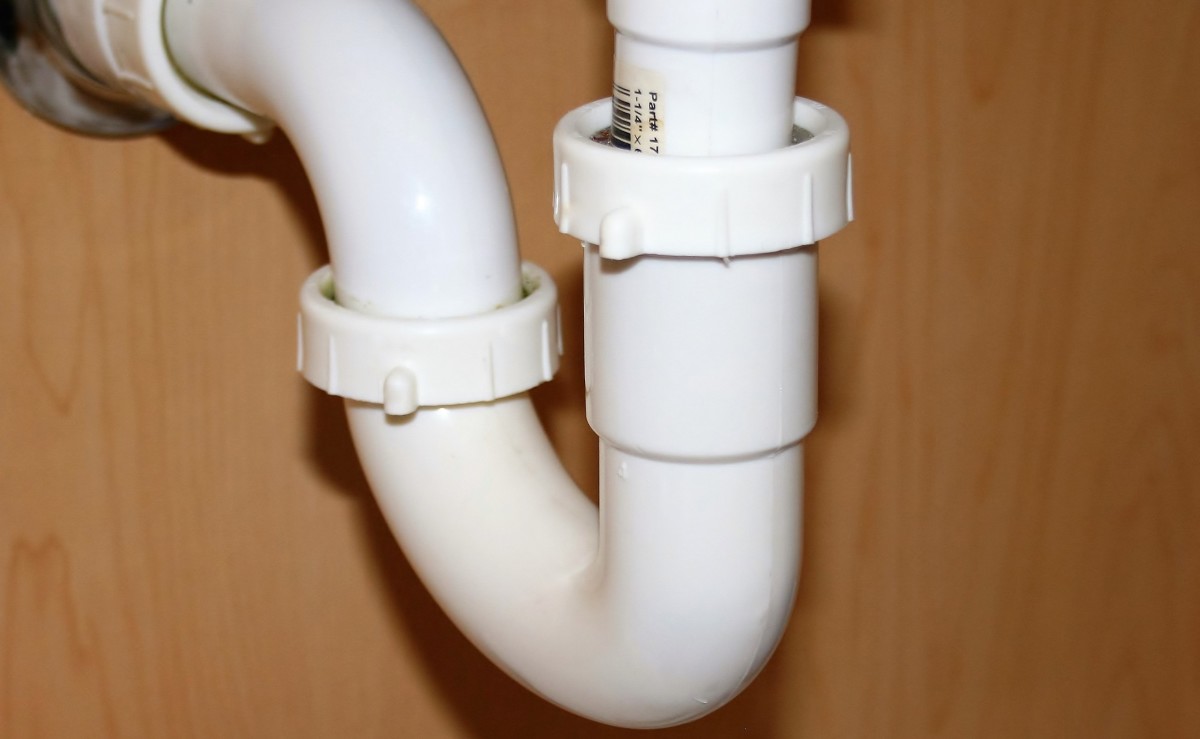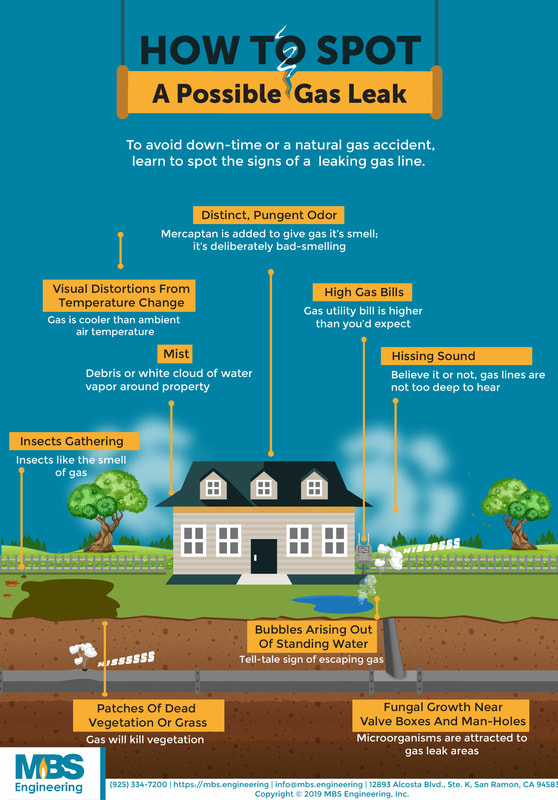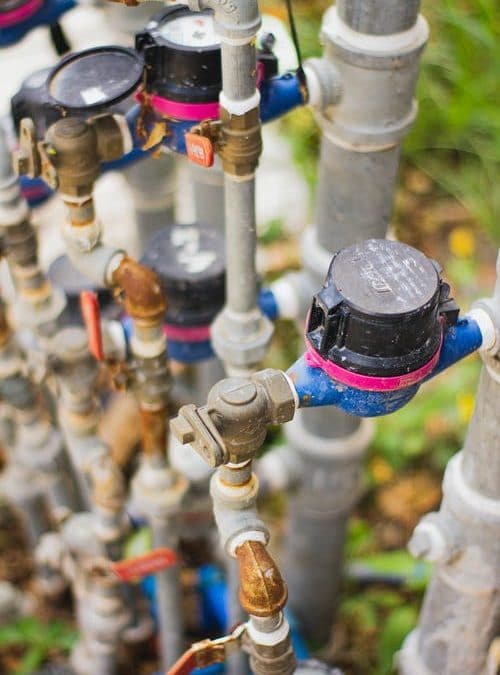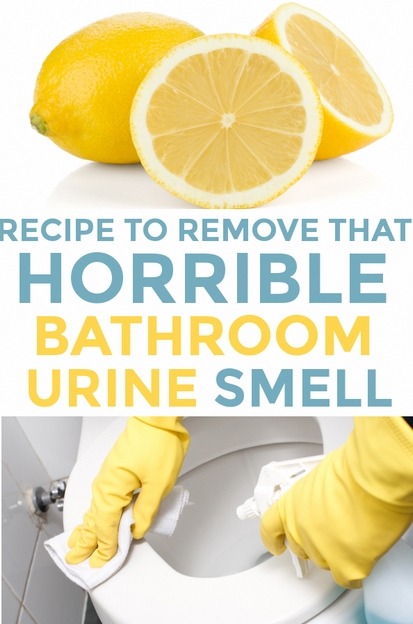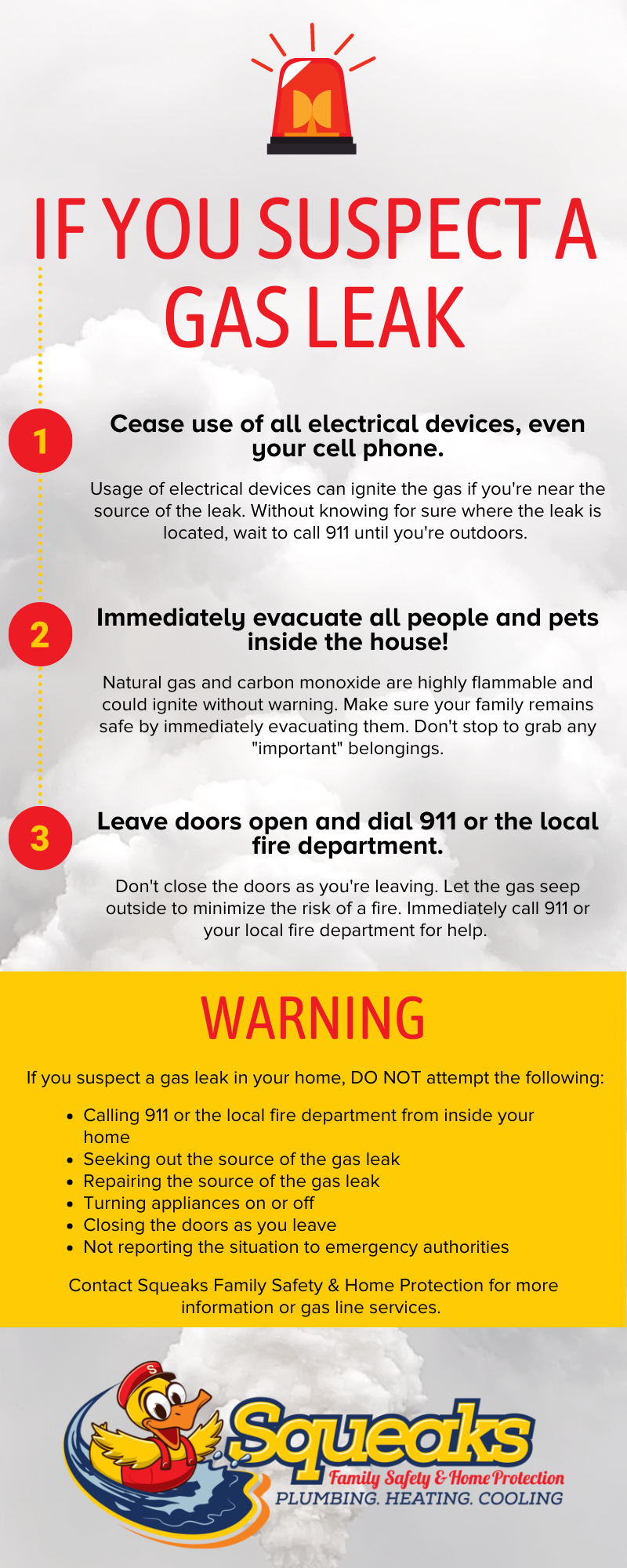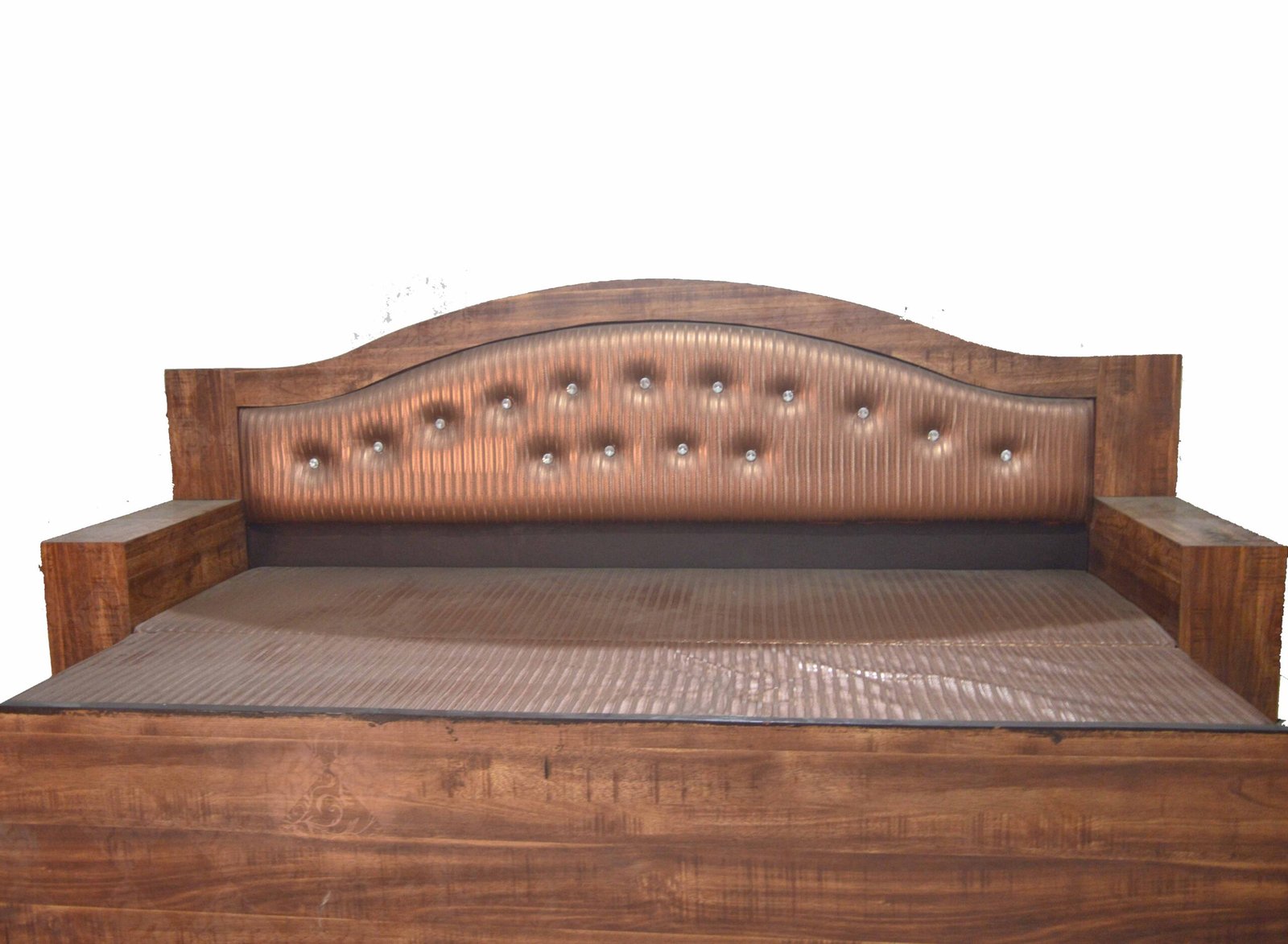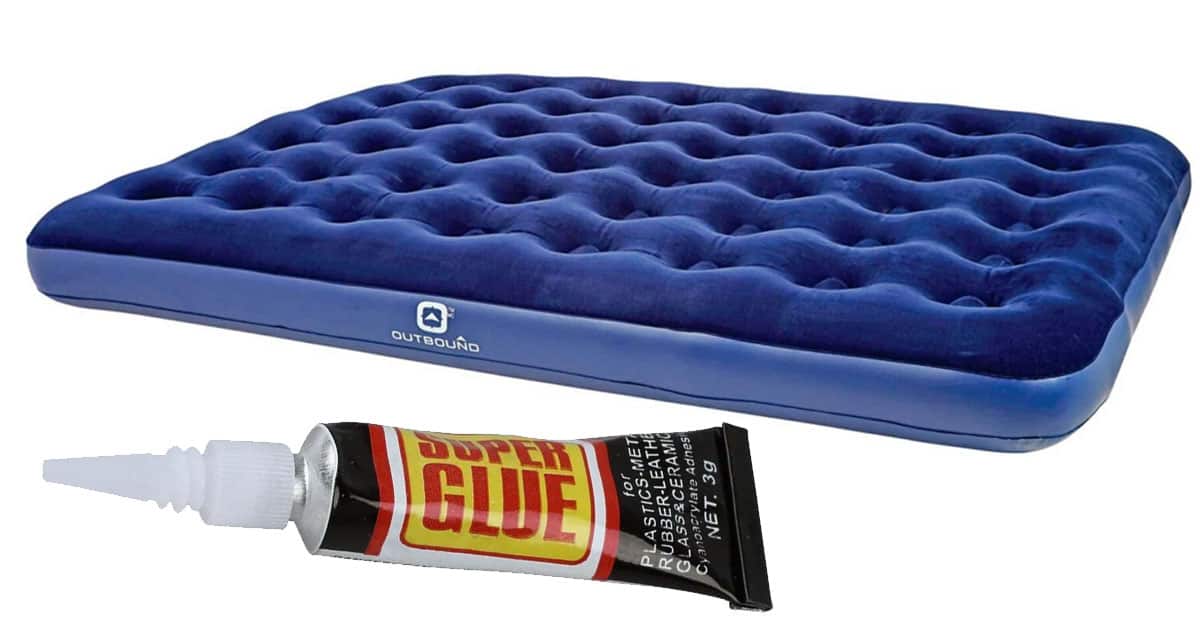Have you ever walked into your bathroom and been hit with a strong, unpleasant smell of methane gas? This is a common problem that many homeowners face and it can be quite alarming. Not only is the smell unpleasant, but it can also be a health hazard. In this article, we will discuss the top 10 causes of methane gas smell in bathroom sinks and provide solutions to help you get rid of it. Methane Gas Smell in Bathroom Sink: Causes and Solutions
The first step in getting rid of methane gas smell in your bathroom sink is to identify the source. This will help you determine the best course of action to take. Here are some common sources of methane gas smell in bathroom sinks and how to eliminate them. How to Get Rid of Methane Gas Smell in Bathroom Sink
1. Clogged Drains: One of the most common causes of methane gas smell in bathroom sinks is a clogged drain. When food, hair, and other debris get stuck in your drain, it can create a buildup of bacteria that produces methane gas. To get rid of this smell, try using a plunger or a drain snake to remove the clog. You can also use a mixture of baking soda and vinegar to help break down the clog. 2. Dry P-Trap: The p-trap is a curved section of pipe under your sink that traps water to prevent sewer gases from entering your home. If the water in the p-trap evaporates, it can allow methane gas to enter your bathroom. To fix this, simply run some water down the drain to refill the p-trap. 3. Sewer Line Issues: If you have a cracked or damaged sewer line, it can allow methane gas to seep into your home. This can be a serious health hazard and should be addressed by a professional plumber immediately. 4. Improperly Installed Vents: Vents are used to release sewer gases from your plumbing system to the outside. If they are not installed correctly or are clogged, it can cause methane gas to build up and enter your bathroom. A professional plumber can inspect and fix any issues with your vents. 5. Sewer Backup: A sewer backup is a serious issue that can cause a strong smell of methane gas in your bathroom. This can be caused by a clogged sewer line or heavy rain causing the sewer system to overflow. If you suspect a sewer backup, call a professional plumber immediately. Common Sources of Methane Gas Smell in Bathroom Sink
If the cause of the methane gas smell in your bathroom sink is not serious, there are some DIY remedies you can try to get rid of it. 1. Baking Soda and Vinegar: As mentioned before, a mixture of baking soda and vinegar can help break down clogs in your drain. It can also help eliminate any lingering smells. Simply pour a cup of baking soda down the drain, followed by a cup of vinegar. Let it sit for a few minutes before flushing it with hot water. 2. Lemon Juice: Lemon juice is a natural deodorizer and can help get rid of the smell of methane gas in your bathroom sink. Simply squeeze some lemon juice down the drain and let it sit for a few minutes before rinsing with hot water. 3. Activated Charcoal: Activated charcoal is known for its ability to absorb odors. You can find it in most pet stores or online. Place a few pieces in a mesh bag and hang it under the sink to help absorb any lingering smells. DIY Remedies for Methane Gas Smell in Bathroom Sink
If the smell persists or you suspect a more serious issue, it is best to seek professional help. A licensed plumber can properly diagnose the issue and provide a solution to get rid of the methane gas smell in your bathroom sink. They can also perform regular maintenance to prevent any future issues. Professional Help for Methane Gas Smell in Bathroom Sink
The best way to prevent methane gas smell in your bathroom sink is to practice good maintenance habits. Here are some tips to help prevent this issue from occurring: 1. Regularly clean your drains using a mixture of baking soda and vinegar to prevent buildup of bacteria and debris. 2. Make sure your p-trap is always filled with water by running water down the drain regularly. 3. Avoid pouring grease, oil, and other food waste down your drain. 4. Have your sewer lines inspected and maintained regularly by a professional plumber. How to Prevent Methane Gas Smell in Bathroom Sink
Methane gas is not only unpleasant, but it can also be harmful to your health. Breathing in high levels of methane gas can cause dizziness, headaches, nausea, and even asphyxiation in extreme cases. It is important to address the issue immediately to protect yourself and your family. Health Risks of Methane Gas Smell in Bathroom Sink
If you suspect a methane gas smell in your bathroom sink, here are some signs and symptoms to look out for: 1. Strong, unpleasant odor 2. Dizziness or headaches 3. Nausea or vomiting 4. Difficulty breathing If you experience any of these symptoms, leave the area and seek professional help immediately. Methane Gas Smell in Bathroom Sink: Signs and Symptoms
If you notice a strong smell of methane gas in your bathroom sink, here are the steps you should take: 1. Identify the source of the smell. 2. Try DIY remedies to get rid of the smell. 3. If the smell persists, seek professional help. 4. If you experience any health symptoms, leave the area and call for help. Methane Gas Smell in Bathroom Sink: What to Do
1. Can I use bleach to get rid of the smell of methane gas in my bathroom sink? While bleach may help to eliminate the smell temporarily, it is not a permanent solution and can also be harmful to your plumbing. It is best to use natural remedies or seek professional help. 2. How often should I have my sewer lines inspected? It is recommended to have your sewer lines inspected every 1-2 years to prevent any potential issues. 3. What should I do if I experience health symptoms after smelling methane gas in my bathroom sink? Leave the area immediately and seek professional help. Do not attempt to fix the issue yourself. With these tips and solutions, you can effectively get rid of the methane gas smell in your bathroom sink and prevent it from happening in the future. Remember to always seek professional help if the issue persists or if you experience any health symptoms. Methane Gas Smell in Bathroom Sink: FAQs
The Causes and Solutions for Methane Gas Smell in Bathroom Sink

What Causes Methane Gas Smell in Bathroom Sink?
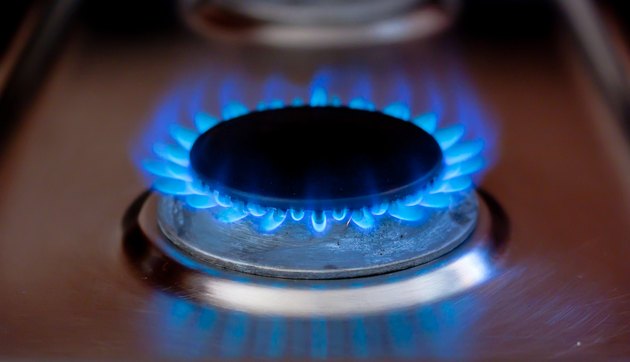 One of the most unpleasant and potentially dangerous odors that can come from a bathroom is the smell of methane gas. This gas, which is commonly found in natural and sewer gas, has a distinct rotten egg smell and can be harmful if inhaled in large amounts. So, what causes this unpleasant smell to emanate from your bathroom sink? There are a few possible reasons for this, including:
- Clogged or Blocked Vents: The plumbing system in your home is designed to allow air to flow through the pipes, preventing the buildup of pressure that can lead to leaks and odors. If the vents become clogged or blocked, the gas has nowhere to go and can seep out of the bathroom sink.
- Dry P-Trap: The P-trap is the curved section of pipe under your sink that holds a small amount of water. This water acts as a barrier, preventing sewer gas from entering your home. If the P-trap dries out, it can no longer stop the gas from coming up through the drain.
- Damaged Sewer Line: If there is a crack or break in your home's sewer line, it can allow methane gas to escape and enter your bathroom through the sink drain. This can be a serious issue and should be addressed immediately by a professional.
One of the most unpleasant and potentially dangerous odors that can come from a bathroom is the smell of methane gas. This gas, which is commonly found in natural and sewer gas, has a distinct rotten egg smell and can be harmful if inhaled in large amounts. So, what causes this unpleasant smell to emanate from your bathroom sink? There are a few possible reasons for this, including:
- Clogged or Blocked Vents: The plumbing system in your home is designed to allow air to flow through the pipes, preventing the buildup of pressure that can lead to leaks and odors. If the vents become clogged or blocked, the gas has nowhere to go and can seep out of the bathroom sink.
- Dry P-Trap: The P-trap is the curved section of pipe under your sink that holds a small amount of water. This water acts as a barrier, preventing sewer gas from entering your home. If the P-trap dries out, it can no longer stop the gas from coming up through the drain.
- Damaged Sewer Line: If there is a crack or break in your home's sewer line, it can allow methane gas to escape and enter your bathroom through the sink drain. This can be a serious issue and should be addressed immediately by a professional.
Solutions for Methane Gas Smell in Bathroom Sink
 Now that we know what can cause the smell of methane gas in your bathroom sink, it's time to discuss how to fix it. Depending on the cause, here are some solutions that can help eliminate the unpleasant odor:
- Clean the vents: If your vents are clogged or blocked, they will need to be cleaned out to allow proper air flow. This can be done by a professional plumber or with a specialized plumbing tool.
- Run water in unused sinks: If you have a bathroom that is not frequently used, be sure to run water in the sink and flush the toilet regularly to keep the P-trap filled with water.
- Check for damaged sewer lines: If you suspect a damaged sewer line, it's important to have it inspected and repaired by a professional as soon as possible to prevent any potential health hazards.
Now that we know what can cause the smell of methane gas in your bathroom sink, it's time to discuss how to fix it. Depending on the cause, here are some solutions that can help eliminate the unpleasant odor:
- Clean the vents: If your vents are clogged or blocked, they will need to be cleaned out to allow proper air flow. This can be done by a professional plumber or with a specialized plumbing tool.
- Run water in unused sinks: If you have a bathroom that is not frequently used, be sure to run water in the sink and flush the toilet regularly to keep the P-trap filled with water.
- Check for damaged sewer lines: If you suspect a damaged sewer line, it's important to have it inspected and repaired by a professional as soon as possible to prevent any potential health hazards.
Preventing Methane Gas Smell in Bathroom Sink
 As the saying goes, prevention is better than cure. To avoid dealing with the unpleasant and potentially harmful smell of methane gas in your bathroom sink, here are some preventative measures you can take:
- Regularly clean and maintain your plumbing system: This includes cleaning the vents and checking for any blockages or damage.
- Use drain stoppers: Drain stoppers can help prevent debris and other materials from getting into your plumbing system and causing clogs.
- Use natural cleaning products: Harsh chemicals can damage your plumbing system and contribute to the buildup of odors. Try using natural cleaning products to keep your pipes clean and free of odors.
By understanding the causes and solutions for methane gas smell in your bathroom sink, you can keep your home smelling fresh and ensure the safety of your family. If you continue to experience the smell even after trying these solutions, it's best to seek the help of a professional plumber for a thorough inspection and proper repairs.
As the saying goes, prevention is better than cure. To avoid dealing with the unpleasant and potentially harmful smell of methane gas in your bathroom sink, here are some preventative measures you can take:
- Regularly clean and maintain your plumbing system: This includes cleaning the vents and checking for any blockages or damage.
- Use drain stoppers: Drain stoppers can help prevent debris and other materials from getting into your plumbing system and causing clogs.
- Use natural cleaning products: Harsh chemicals can damage your plumbing system and contribute to the buildup of odors. Try using natural cleaning products to keep your pipes clean and free of odors.
By understanding the causes and solutions for methane gas smell in your bathroom sink, you can keep your home smelling fresh and ensure the safety of your family. If you continue to experience the smell even after trying these solutions, it's best to seek the help of a professional plumber for a thorough inspection and proper repairs.








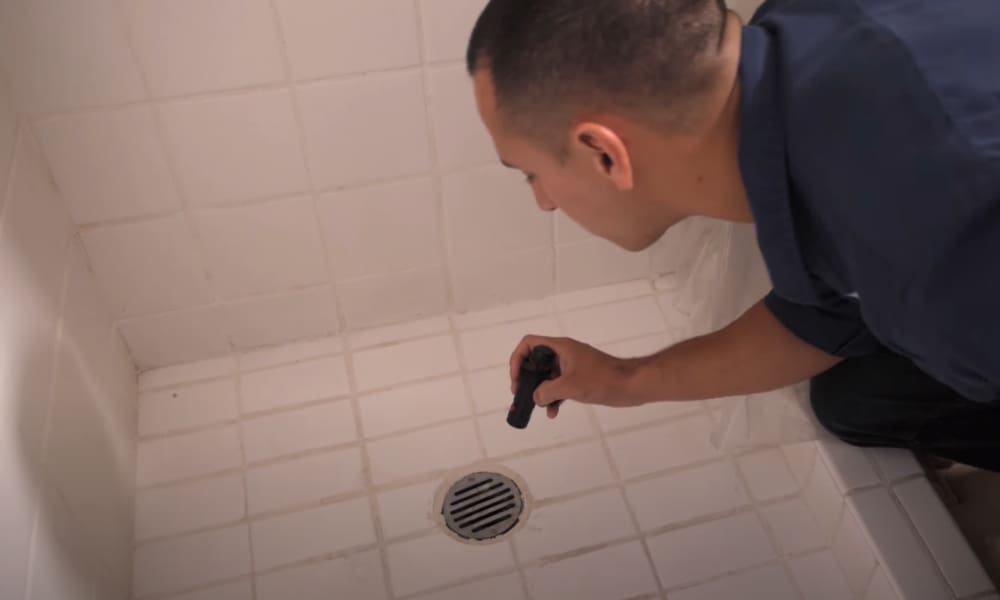
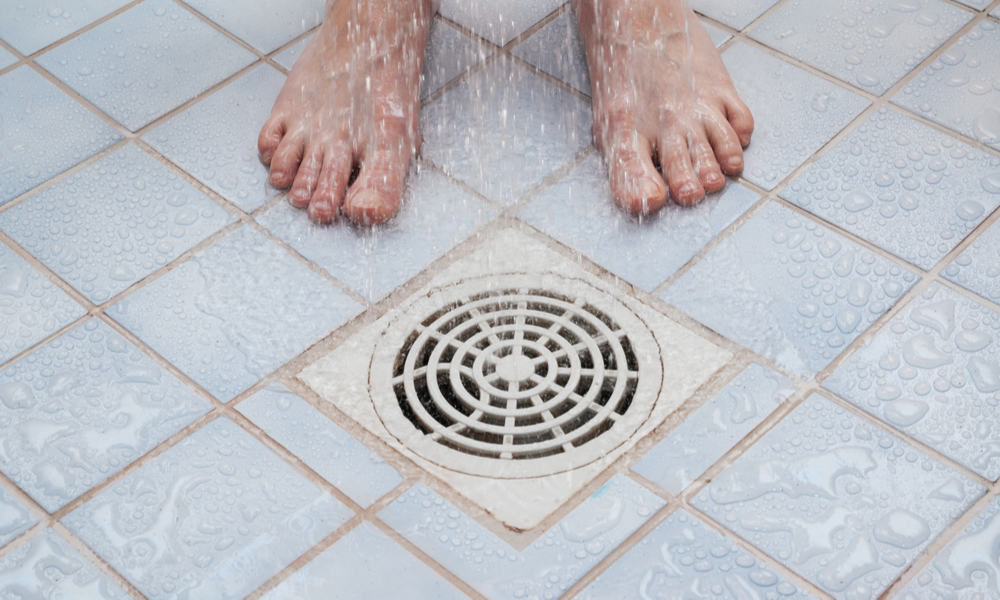
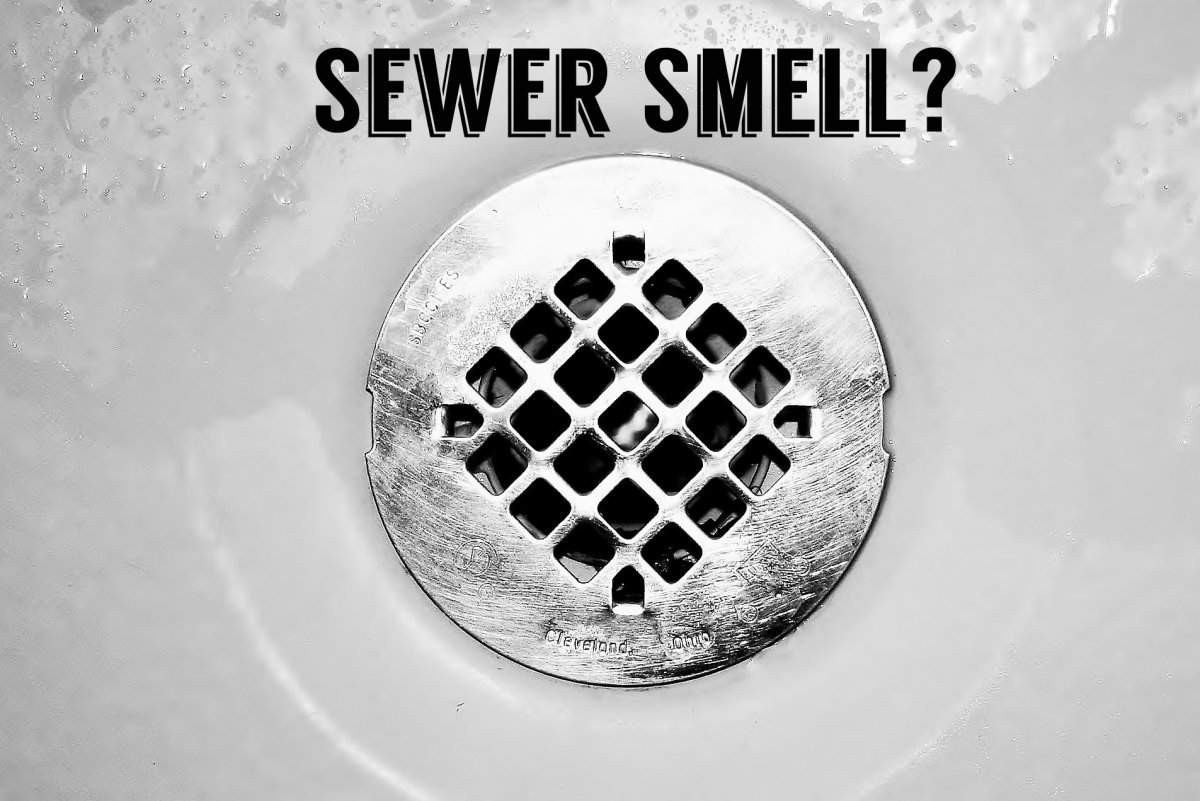



















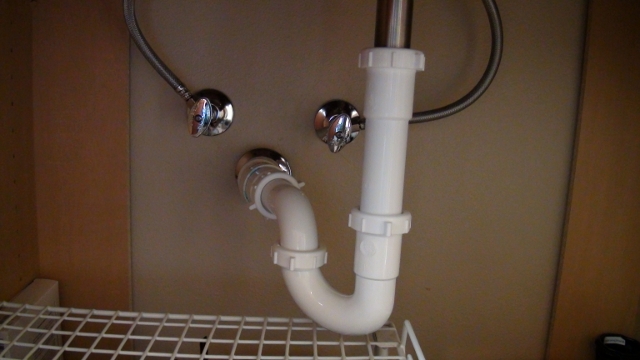
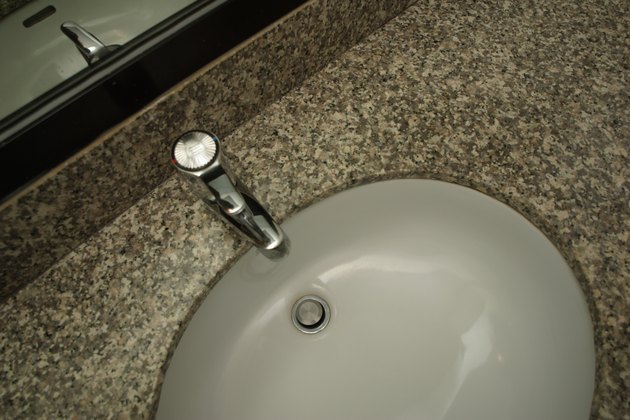
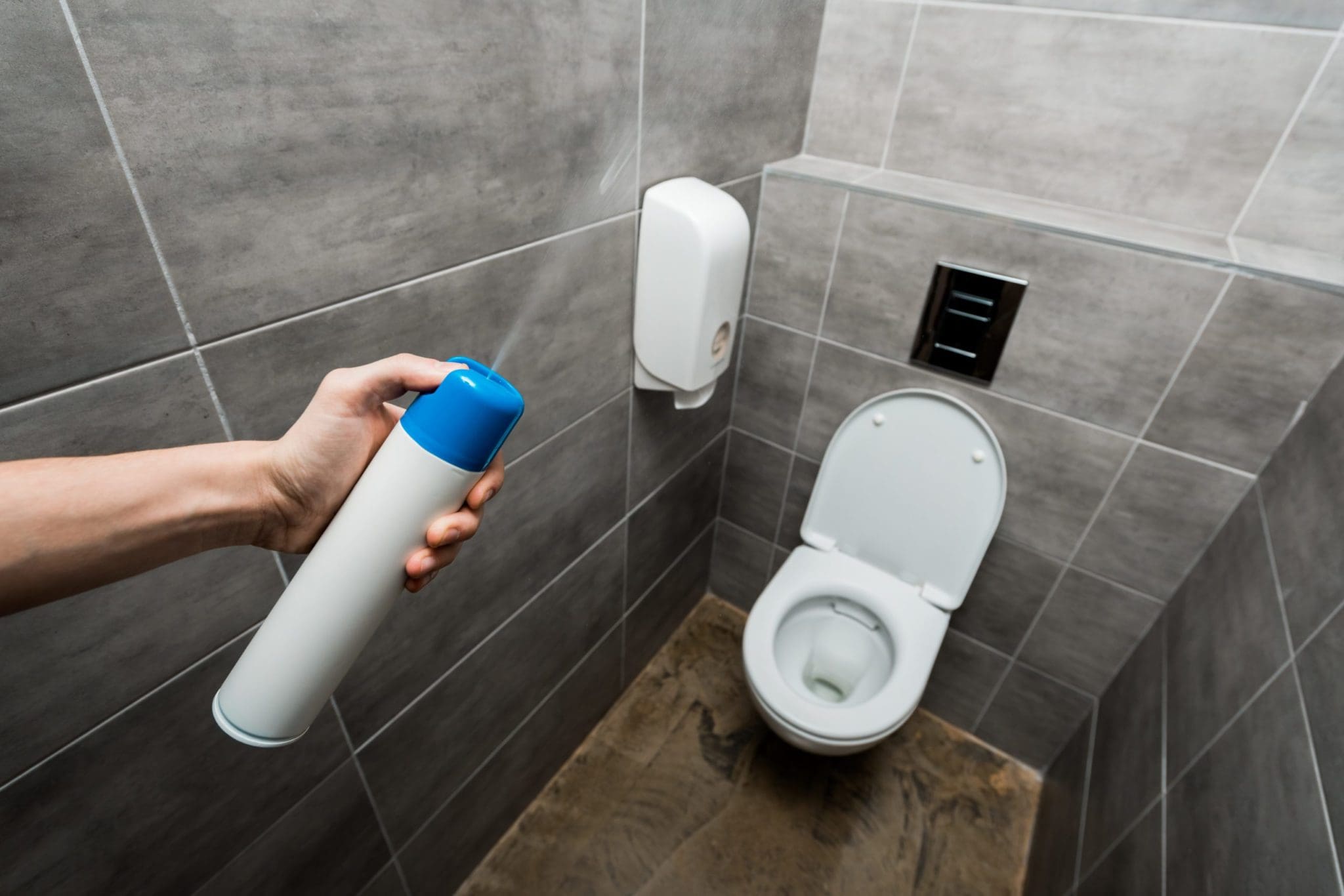

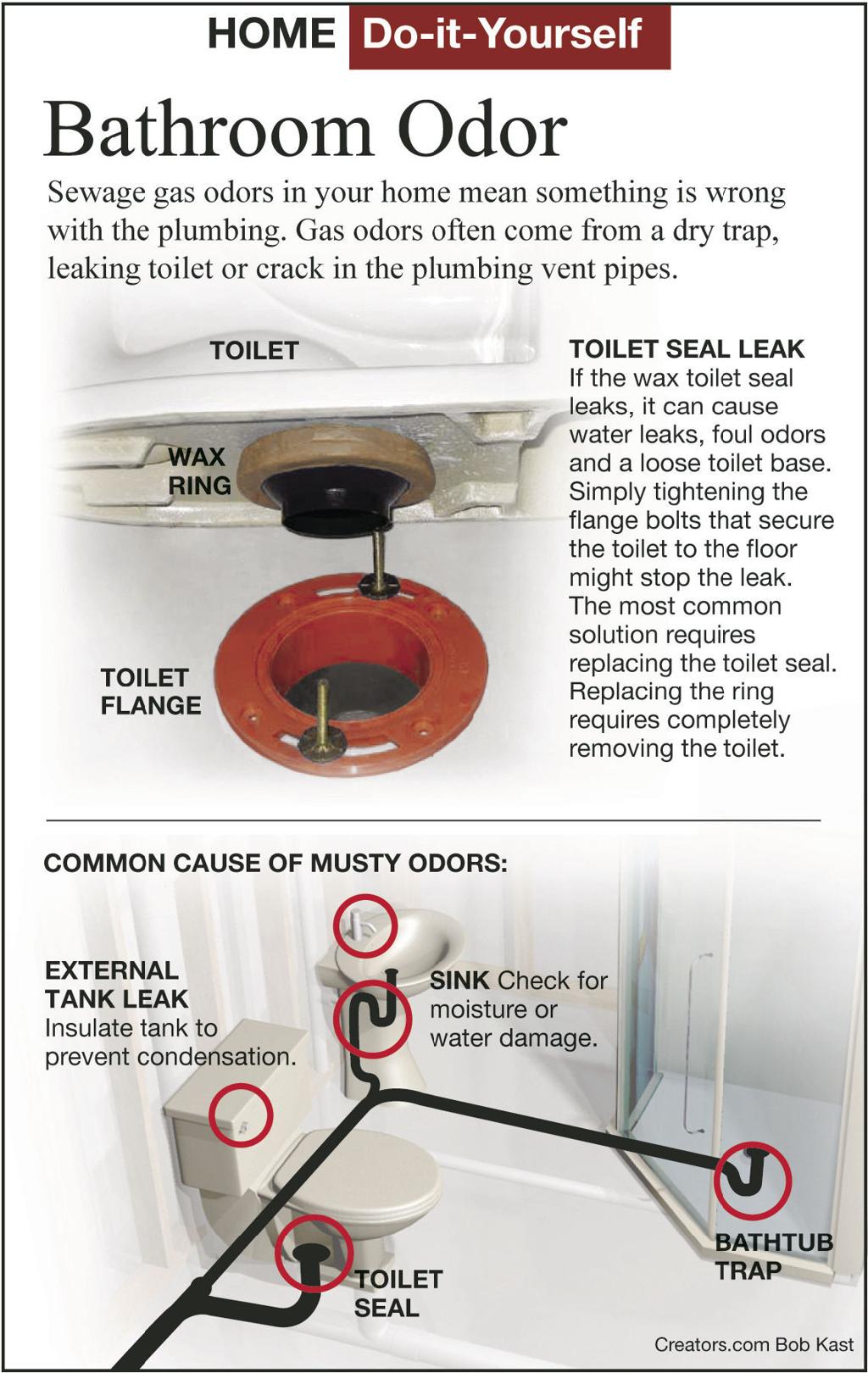
:max_bytes(150000):strip_icc()/sink-pipe-under-wash-basin-119001607-6f28aec4c66944efb7a9a38cb622ab8b.jpg)

